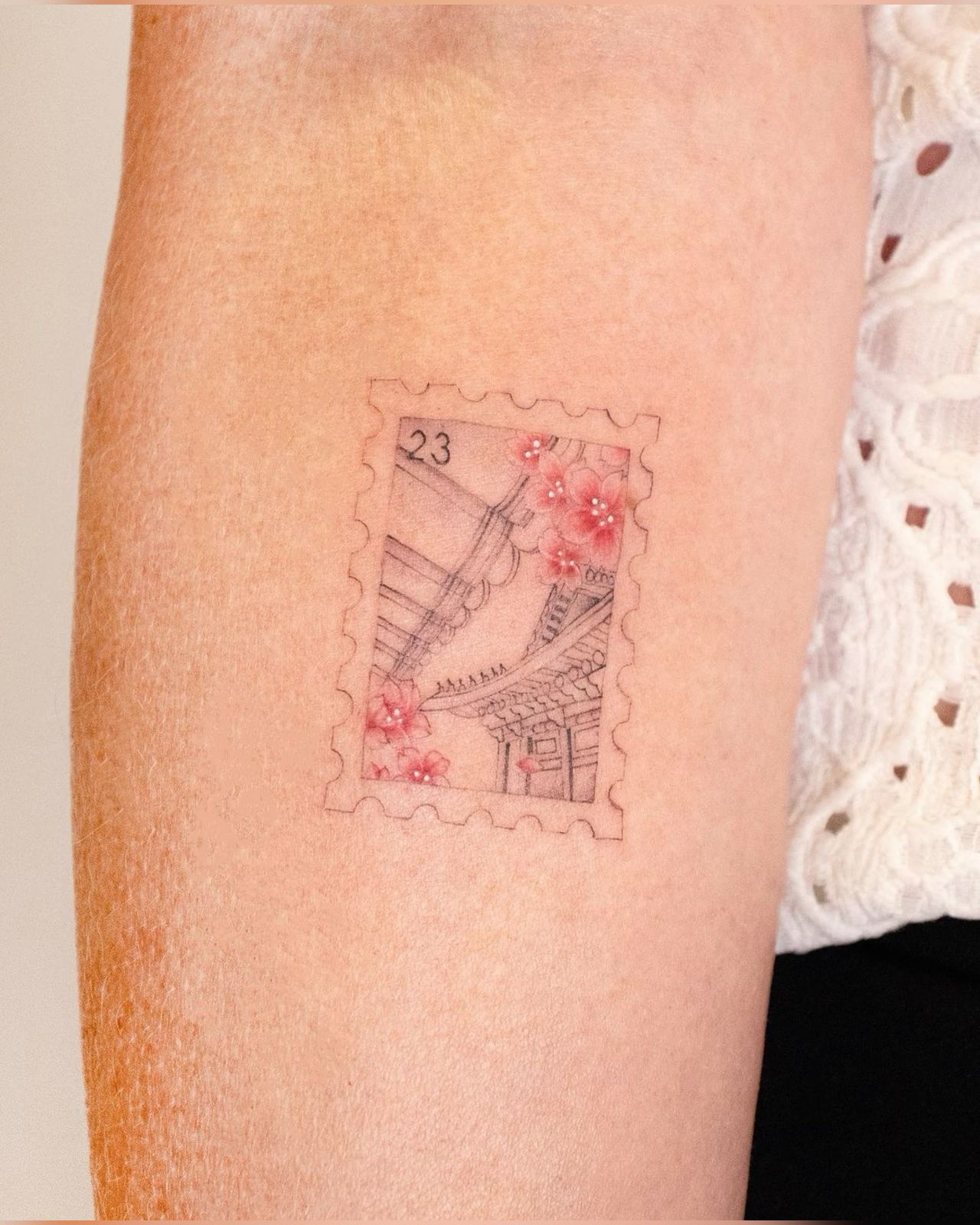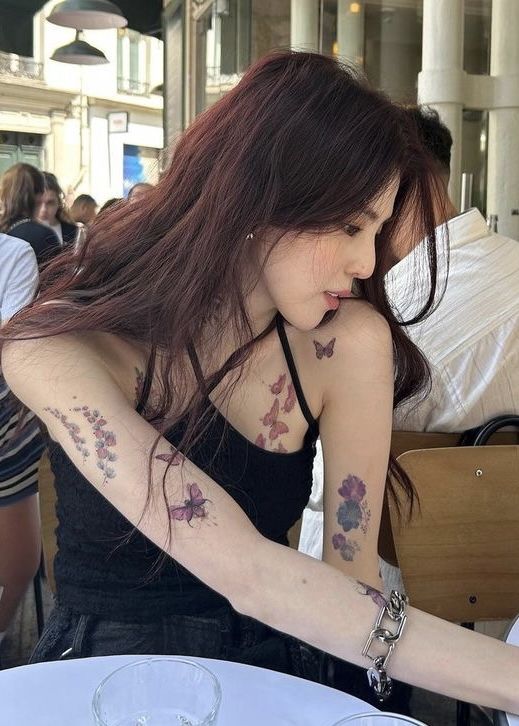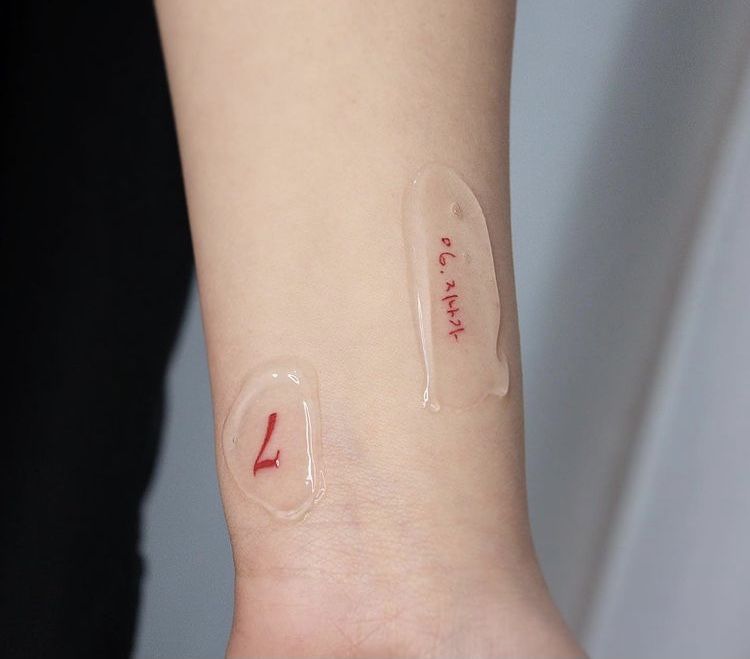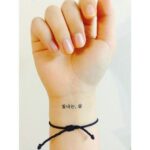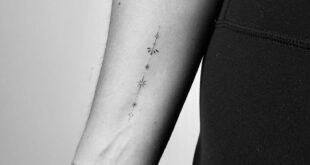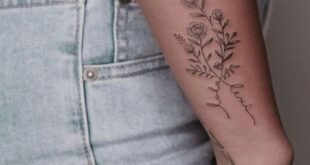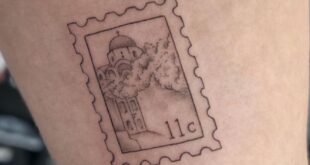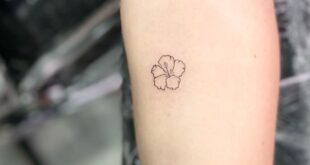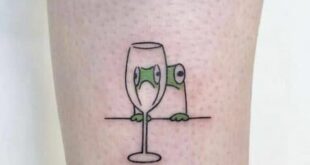Tattoos have long been a form of self-expression and artistry in many cultures around the world. In recent years, tattooing has become increasingly popular in South Korea, with many young people embracing the trend and getting inked with intricate and meaningful designs.
Tattooing in South Korea has a complex history, as it was once illegal and considered taboo. In fact, up until 2000, only licensed medical doctors were allowed to perform tattooing, leading to a thriving underground tattoo scene. However, in recent years, attitudes towards tattoos have relaxed, and more people are now able to openly sport their ink.
One type of tattoo that has gained popularity in South Korea is the traditional Korean tattoo, or “Hanja tattoos.” Hanja is the Korean name for the Chinese characters that are used in the Korean writing system, and these characters are often used in tattoos to convey meaningful messages and symbols. These tattoos often reflect aspects of Korean culture and heritage, such as traditional Korean motifs, symbols, and sayings.
Another popular trend in Korean tattooing is the use of minimalist and geometric designs. These tattoos often feature simple geometric shapes, lines, and patterns that create a sleek and modern look. Many people opt for small and discreet tattoos in these styles, as they can easily be hidden or shown off, depending on the individual’s preference.
In addition to traditional Korean and minimalist designs, South Korean tattoo artists also excel in creating intricate and realistic tattoos. Many artists in South Korea are known for their expertise in creating lifelike portraits, botanical illustrations, and intricate patterns. These tattoos often require a high level of skill and attention to detail, making them highly sought after by tattoo enthusiasts.
One of the most well-known tattoo artists in South Korea is Bang Bang, who has gained international recognition for his stunning and detailed work. Other popular tattoo artists in South Korea include Seoeon, Ziwoo, and Doy, who each bring their own unique style and creativity to the craft.
While tattoos are becoming more accepted in South Korean society, there are still some stigmas attached to them. Many workplaces still have strict dress codes that prohibit visible tattoos, and some public establishments may also have rules against showing tattoos. Despite these challenges, the tattoo culture in South Korea continues to thrive, with more people embracing their individuality and expressing themselves through body art.
In conclusion, tattoos in South Korea have evolved from being taboo to becoming a popular form of self-expression and artistry. From traditional Korean designs to minimalist and realistic tattoos, South Korean tattoo artists are creating stunning and meaningful pieces of body art that reflect the rich culture and heritage of the country. As attitudes towards tattoos continue to change, we can expect to see even more innovative and creative designs emerging from the South Korean tattoo scene.
 innstyled Tattoo Ideas
innstyled Tattoo Ideas
